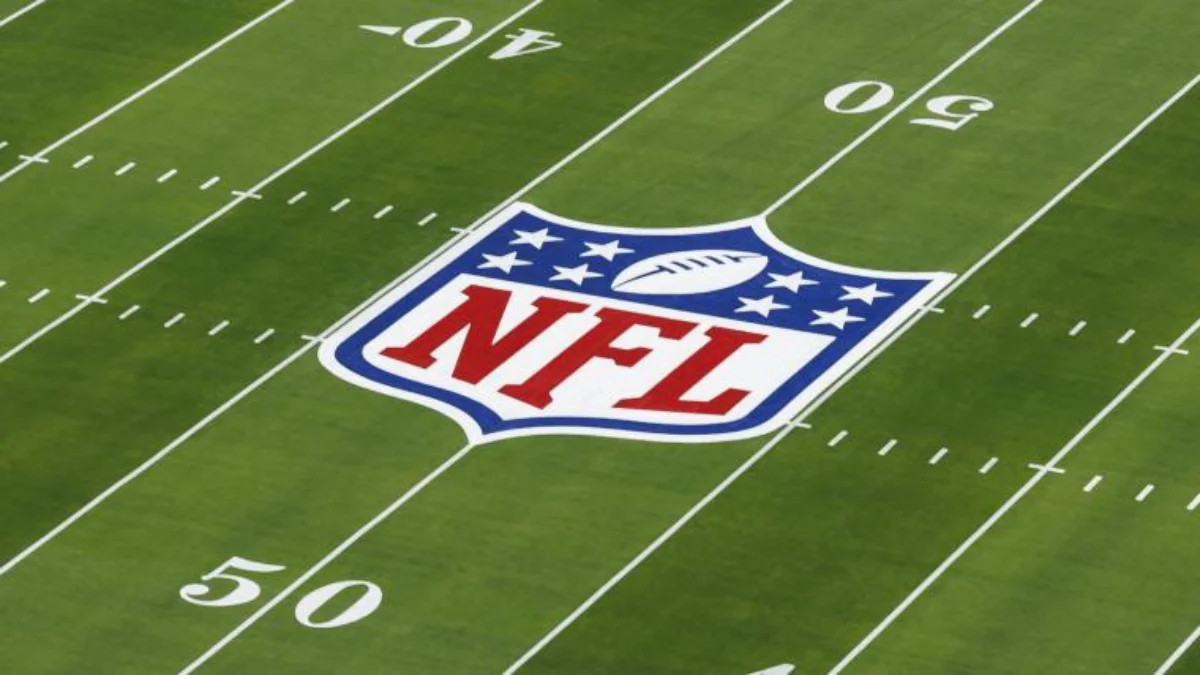After years of back-and-forth, the fate of the NFL’s beloved “Sunday Ticket” hangs in the balance, awaiting judgment day as a class-action lawsuit finally reaches the federal courtroom.
This legal saga, initiated by disgruntled “Sunday Ticket” users in 2015, revolves around a fundamental question: Did the NFL overstep antitrust boundaries by structuring the package in a way that unfairly gouges consumers? At its core, the argument suggests collusion between the NFL and its broadcasting partners, leading to exorbitant subscription fees that price out many potential viewers.
In her fiery opening statements, attorney Amanda Bonn, representing the “Sunday Ticket” subscribers, painted a vivid picture of this alleged collusion, likening it to constructing an exclusive toll road accessible only to the elite few. According to Bonn, this partnership between the NFL, Fox, CBS, and DirecTV created a financial barrier that marginalized ordinary fans, enriching every party involved except for the consumer.
The implications of this legal battle are substantial, both for the NFL and for millions of American viewers. Should the Shield falter in court, the financial fallout could be staggering. Conversely, a favorable ruling for the plaintiffs could mean a windfall for consumers, putting extra dollars back in their pockets.
As the case unfolds in the courtroom, all eyes are on the legal proceedings, awaiting the verdict that could reshape the landscape of sports broadcasting and potentially redefine the relationship between professional leagues and their loyal fan base.
NFL “Sunday Ticket” lawsuit, explained
In the legal showdown over “Sunday Ticket,” the NFL finds itself embroiled in a high-stakes battle over antitrust laws and the distribution of its prized football package.
The crux of the plaintiffs’ argument, initially lodged back in 2015, revolves around the NFL’s decision to grant DirecTV exclusive rights to sell the “Sunday Ticket” package, featuring out-of-market games from CBS and Fox. Allegations fly that this arrangement artificially inflated prices and stifled competition, effectively locking out potential viewers.
In stark contrast, the NFL’s defense paints a picture of “Sunday Ticket” as a premium offering, positioning it as a choice rather than a monopoly. Beth Wilkinson, representing the league, emphasizes the plethora of viewing options available to fans, framing “Sunday Ticket” as just one among many.
Former NFL executive Steve Bornstein sheds light on the league’s strategic intent, suggesting that the program was carefully crafted to complement rather than cannibalize the viewership of its broadcast partners.
With heavyweight figures like Commissioner Roger Goodell and Cowboys owner Jerry Jones poised to take the stand, the courtroom drama is expected to unfold over the course of several weeks. As the legal jousting ensues, all eyes are on the potential implications for the NFL’s broadcasting landscape.
The stakes couldn’t be higher, with the plaintiffs gunning for a jaw-dropping $7.1 billion in damages. However, should the NFL suffer defeat, the financial hit could balloon to a staggering $21.3 billion, as dictated by federal antitrust laws.
In the event of a settlement or verdict favoring the plaintiffs, the windfall would extend to the 2.5 million subscribers who relied on “Sunday Ticket” from 2012 to 2022, underscoring the far-reaching implications of the case.
For a league accustomed to settling disputes behind closed doors, the public spectacle of this courtroom showdown marks uncharted territory. Yet, with billions on the line, the NFL finds itself navigating treacherous legal waters in pursuit of a favorable outcome.


